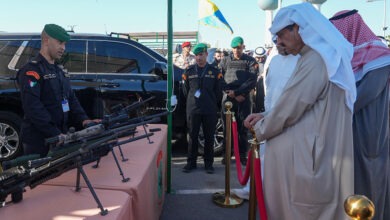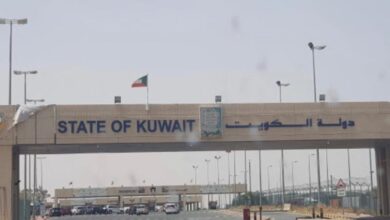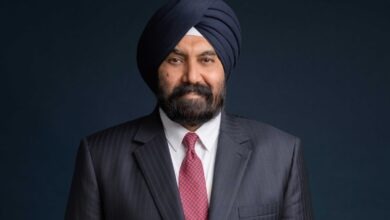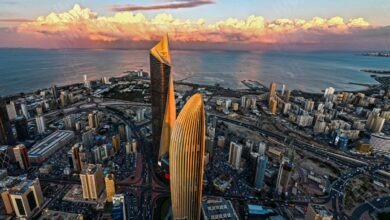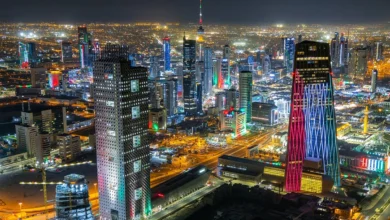Artificial intelligence key tool for spotting fake news
Dr. Khaled Al-Enzi, Director of Operations and Coverage at Kuwait TV, emphasized that fake news has become a major issue in media, underscoring the need to investigate sources and distinguish between true and false reports.
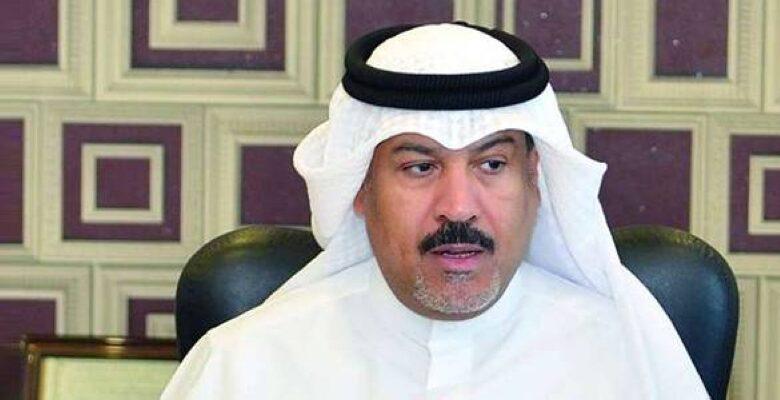
• Dr. Khaled Al-Enzi, Director of Operations and Coverage at Kuwait TV, said visual and audio media are now required to develop mechanisms for detecting false news and uncovering the truth to present to audiences.
Dr. Khaled Al-Enzi, Director of Operations and Coverage at Kuwait TV, emphasized the critical role of artificial intelligence (AI) in news verification, citing its ability to detect misleading content more effectively, the Q8 Press reported.
In his speech at a meeting of the Standing Committee on Television News at the Arab States Radio Union headquarters in Tunis, Al-Enzi referenced the experience of the Arab Network of Information Auditors. This network was established in late 2020 in response to the spread of misleading information about the COVID-19 pandemic, with the goal of scrutinizing such content. Its membership reached 41 organizations this year and now includes more than 250 fact-checkers from twelve Arab countries.
He emphasized that fake news has become a major issue in media, underscoring the need to investigate sources and distinguish between true and false reports.
He noted that visual and audio media are now required to develop mechanisms for detecting false news and uncovering the truth to present to audiences, explaining that this has become possible thanks to the investigative tools provided by modern technology.
He also emphasized the importance of cooperation between Arab fact-checking platforms, despite the competitive environment, stating that such collaboration “facilitates work, reduces challenges, and increases the reach and impact of the content produced.”
The 21st meeting of the Standing Committee for Television News was held today at the headquarters of the Arab States Radio Union in Tunis, attended by committee members and representatives from radio federations, including Kuwait, which was represented by Dr. KhaledAl-Enzi, Director of Operations and Coverage at Kuwait TV, and Badr Salal, Television Coverage Controller.
During the meeting, the committee reviewed reports from the General Administration and the Exchange Center, evaluating news exchanges since the last meeting, with twenty entities contributing to these exchanges.
He noted that the situation in occupied Palestine has dominated much of the Arab news content, while the Union continues to provide media coverage of the security and humanitarian conditions in the Gaza Strip and the West Bank in coordination with the Palestinian Radio and Television Authority and its on-the-ground correspondents. The Union is also committed to broadcasting Arab news content to partner federations.
In this context, the meeting approved a proposal to add coverage of the Umrah season during Ramadan to the list of major events, along with the fourth Arab Media Conference on the role of media in addressing climate change, which will be hosted by Iraq in April 2025
Regarding the Open Media Day in Support of the Palestinian Cause and the steadfastness of Al-Quds Al-Sharif, set for November 29 this year, Palestinian television confirmed its readiness to ensure the broadcast, following the Union’s General Directorate urging member bodies to participate actively in the event.
Regarding the Arab Radio and Television Festival, and in light of changes in television production by public broadcasters, private satellite channels, and production companies, the committee approved the General Directorate of the federation’s proposal to modify the items in the parallel competitions for the television news category. The competitions will now focus on news reports and talk shows, aligning with the volume, quality, and specific nature of television productions in the private sector.”
On the other hand, the committee members agreed that next year’s annual news symposium would focus on evaluating the union’s experience in accrediting field correspondents in war and conflict zones. This initiative began in Gaza and the Palestinian territories, extended to Sudan, and is now being expanded to other areas, particularly southern Lebanon and Yemen.








